CRN Exclusive: HP CEO Whitman On The Odds Of A Blockbuster Acquisition And How HP Enterprise Stacks Up Against EMC, IBM
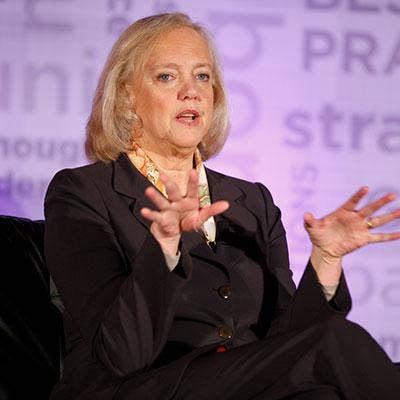
Whitman Sounds Off On Acquisitions, IBM, EMC And HP's Cloud Strategy
Hewlett-Packard CEO Meg Whitman spoke with CRN about Hewlett Packard Enterprise's acquisition strategy -- including whether she would rule out a blockbuster acquisition ahead -- and how the company's portfolio stacks up against IBM and EMC.
The discussion came after HP posted greater-than-expected profits for its third fiscal quarter ended July 31. HP reported earnings per share after charges of 88 cents on an 8 percent decline in sales, to $25.3 billion. The Wall Street consensus was diluted net earnings of 85 cents per share on sales of $25.4 billion.
The better-than-expected quarterly earnings came just 19 days after the computer giant began operating internally as two separate independent Fortune 50 companies: Hewlett Packard Enterprise, a $55 billion business made up of enterprise systems, storage, services and software, and HP Inc., a $55 billion PC and printing business. Whitman told Wall Street analysts she sees Hewlett Packard Enterprise rounding the corner with sales growth in sight.

What is the acquisition/M&A strategy for HP Enterprise going forward?
Hewlett Packard Enterprise will have more cash on the operating company because we will need to make acquisitions. And I think the kind of acquisition you will see us do is like [the $3 billion acquisition of wireless networking provider] Aruba [which closed May 19]. That was the perfect acquisition: great product, great market, tail winds because of the transition to 802.11ac and the transition to wireless at almost all campus and branch [locations]. It fits right into our go-to-market and it is a great opportunity for our partners. The good news is [former Aruba CEO and now General Manager of HP Networking] Dom Orr, who runs networking for us, is so pleased with the HP partner network. He's like, "These guys are the greatest. They are fantastic." He has got all these great leads. I think that is going really well. That is the kind of acquisition that we will make.

Can you rule out a blockbuster-type acquisition with a legacy vendor given the market dynamics?
You never say never. But I think probably not. We are really pleased with our portfolio. We think we are incredibly well-positioned. We have got some nice growth in our businesses. I would rather look to the future and what we are going to do on a go-forward basis. But you never say never. Who knows what is going to happen? We have been very disciplined, and we have been smart about it, and I think we have been on the right side of right so far.

How about smaller acquisitions?
There will be smaller acquisitions. We just bought Stackato, which is a PaaS layer for our cloud system. We bought ConteXtream for NFV [Network Function Virtualization]. We bought Voltage [Security], which had a very good quarter. And then maybe a few bigger ones that leverage our go-to-market, and the crown jewel of our go-to-market is the channel.
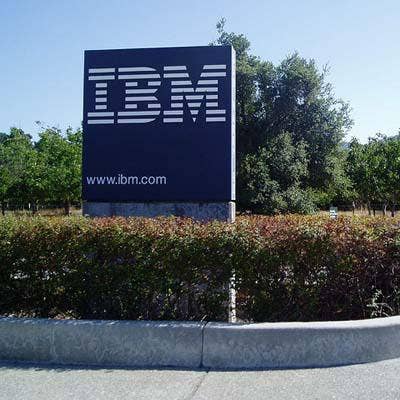
How would you c ompare the HP story and portfolio to IBM?
I think the easiest contrast in many ways is with IBM, because IBM has effectively exited the hardware business. They still have, obviously, the mainframe, but they have largely exited the server business -- they have Power and a few other things.
We have done the opposite. We are doubling down on our hardware business a la Aruba. That, plus our services business, which is the second-largest services business, plus the power of our channel. I think we have a much better portfolio on a go-forward basis.
And we have got a great cloud offering. Our cloud offering is different. Softlayer is a consume strategy, and we have a consume strategy but we tend to do that through the Helion partner network. So our cloud strategy is all around [HP] CloudSystem and virtual private cloud, which is run by either partners or our enterprise services organization.
It is just a different strategy. We are really the only one left who has services, software and hardware, and I think that is going to be a winning combination.
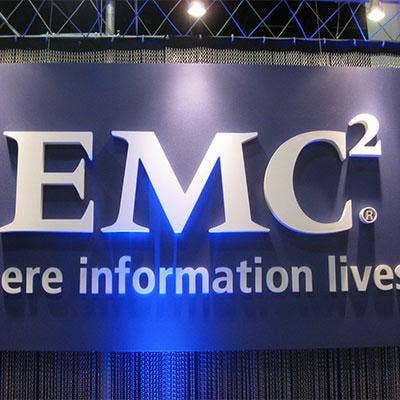
How does the HP story and portfolio compare to the EMC story?
EMC looks a little bit more like HP, but they don't have our big technology services arm and they don't have our Enterprise Services arm. Listen, they have some great technology, but we are doing very well in storage. Our all-flash storage array was up 400 percent year over year. We are really cranking on all-flash storage array.
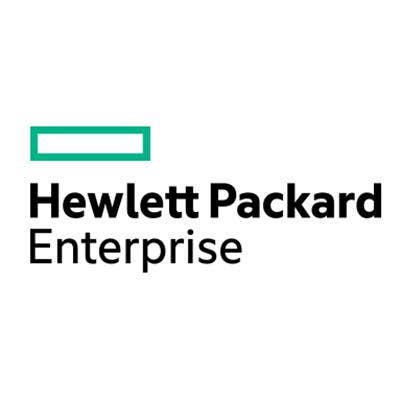
How is Hewlett Packard Enterprise positioned versus the competition going into the new fiscal year?
I think Hewlett Packard Enterprise is very well-positioned. I think you will see an acceleration here. Of course Hewlett Packard Enterprise competes in faster-growing markets than HP Inc.
The enterprise group had a very good quarter. This might be the best enterprise group quarter I have had since I have been at the company: all regions, all product lines, great performance in industry-standard servers, great performance in networking, storage and technology services and cloud. So we had a really good quarter there. And Enterprise Services had a nice quarter.
We outperformed the market in printing and PCs. But the market as you heard on the call is pretty tough, and I know channel partners are seeing the same thing.

Talk about how far you have come in the restructuring compared with IBM and EMC.
There may be another bit of restructuring as we split into two companies because we see more opportunities to reduce costs. To your point we have been at this longer than most of our competitors because we had to. I don't know that we were brilliant. It was just necessary. That was really actually a good thing.
I will contrast with IBM. We are way ahead of IBM in terms of restructuring, and, I think, ahead of EMC, because we started earlier. The great thing about when you have a cost structure that is in line is you win more. The channel wins more with HP because we have got a better cost structure. So you start that virtuous cycle: You have a better cost structure so you win more, so you make more money, so you can invest in the business, so you win more. I think we are on the cusp of really seeing a nice virtuous cycle.
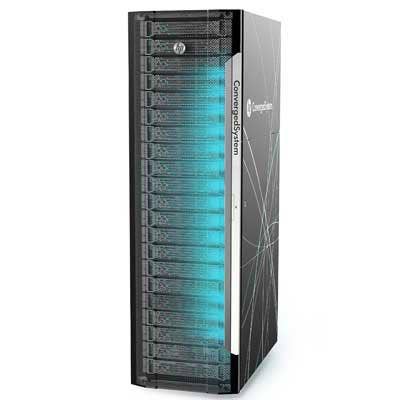
How does the HP hyper-converged hand stack up against Cisco and Lenovo, which both partnered with SimpliVity?
We obviously know SimpliVity well. Stay tuned for the HP hyper-converged strategy. You will hear a lot more about that at the securities analyst meeting [on Sept. 15]. I think you are going to be pleased with what we are cooking up there.
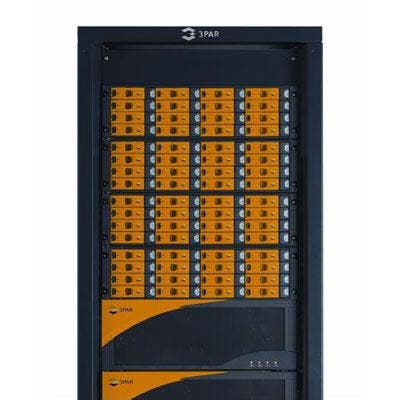
Cisco pulled back on Invicta. What is the difference between HP's storage position versus Cisco?
We built on 3Par. You will recall way back in the day, the whole point of 3Par was basically high-end, mid-tier, low-tier, all-flash, all one architecture. We will have another important announcement around entry-level storage at the securities analyst meeting as well that will build off this 3Par architecture. Frankly, maybe our edge on this was our channel. The channel has taken up the 3Par all-flash storage array like no tomorrow. I am sure you are hearing that from your folks. It is a great product: easy to understand, easy to sell. I think [something] like 90 percent of [our] all-flash array [business] is going through the channel.
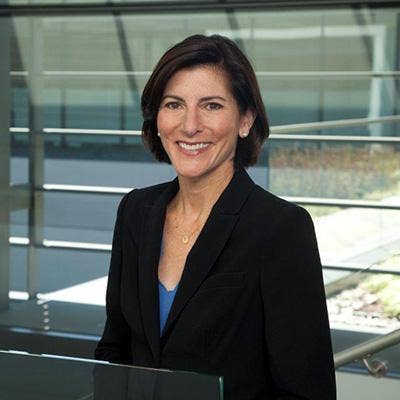
What has been the biggest surprise as you have made the Aug. 1 operational split?
This has gone remarkably smoothly. I don't overstate things. HP's execution here has been incredible. If we could execute against the rest of the business the way we executed against the separation, we would be styling.
It was really beautifully done. I haven't heard a peep from any customer who had any dislocations: no invoicing problems, no collection problems, no supply chain issues related to the separation. That was in part due to [former enterprise channel chief] Sue Barsamian (pictured), [who was just named senior vice president of enterprise security products for HP Software,] and Jos Brenkel, [senior vice president of worldwide sales for HP’s Printing and Personal Systems Group]. The Navigator program got all the big partners on board and all set up with their own systems. The communication was good. As of Aug. 1, we shut down for the three days. We came back up in two and a half. And we are now completely operating as two separate companies. I think some of our competitors are disappointed -- how well it went.
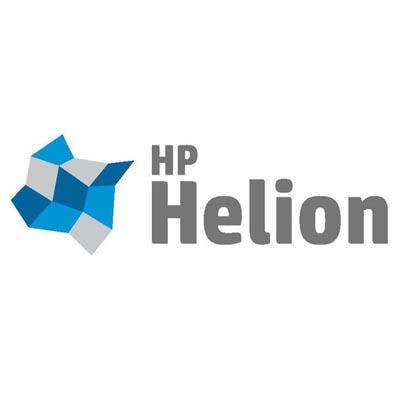
What’s the HP Helion Cloud business growth potential compared to EMC's Virtustream?
You have to look at the piece parts of cloud. We are No. 1 in private cloud. At [HP] Discover we introduced CloudSystem 9.0, which has both our Matrix operating environment in it as well as OpenStack. That is an enterprise-grade private cloud built on OpenStack. We are No. 1 in the [Gartner] Magic Quadrant. We are just blowing that away. Also our CloudSystem Automation product will coordinate the cloud offerings within HP but also, frankly, if someone wants to run anybody else's cloud it is a lovely orchestration and automation product as well. That is doing really well. When we sell CloudSystem Automation, one dollar of CloudSystem Automation brings eight dollars of hardware and other products with it. Then our virtual private cloud offered either through us or through our partner network is also a very powerful thing. We've got enterprise-grade [cloud], built on OpenStack with an automation product that I think is excellent.

How should HP partners be going to market with HP Helion?
The way we approach it with partners is we say to the partners, "What you have got to do is go to your customers, and you have to start with the apps." Where do they want to run their apps? Do they want to run their apps in their own data center? In a private cloud? In a virtual private cloud? Are there some apps they want to put in Amazon? In which case, that's OK too. If they want that on-premise, we can bring Eucalyptus to bear. We are trying to get the partners to have a systematic approach to their customers about how to build cloud for their customers.
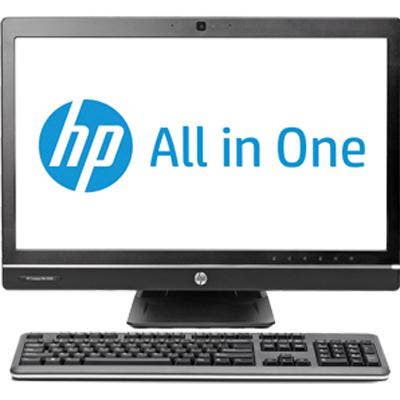
Talk about the PC and printing business going forward.
There are headwinds in both those markets. Let's start with PCs. The commercial business is actually reasonably healthy. It looks tough because last year at this time was the peak of the Windows XP refresh, so it is a difficult compare.
The real challenge is around consumer. There has been a pause by consumers about buying because they were waiting for Windows 10. So I think we are going to know in September and October -- the peak of the back-to-school season -- how much of a hit is Windows 10.
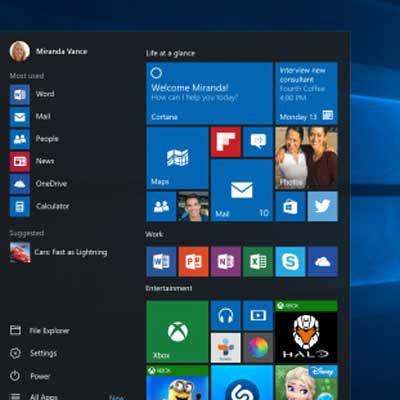
What’s the p otential for Windows 10?
I am very hopeful. We are all using Windows 10. We love Windows 10. The reviews are very good. I think [Microsoft has] done a nice job on this OS. There is still a fair amount of Windows 8 inventory in the channel that has to sell through before people start pushing Windows 10, but I am hopeful.
The one thing that Microsoft did this time -- which is the first time they have ever done this -- is if you had a machine today that runs Windows 7 or Windows 8, they offered a free upgrade to Windows 10. In the old days, the only way you could have gotten your hands on Windows 10 is to go buy a new machine. So I think there have been a whole lot of upgrades. Now we need to see people buying the new Windows 10 machines. I am hopeful. We are all over it. Our channel partners are all over it. We are out there. I think we'll know more in a couple of weeks.

How can partners best engage with HP as the formal split takes hold on Nov. 1?
You might be surprised to hear when we say business as usual. We have built a lot of momentum over the last four years with partners. I think this is an opportunity to double down on HP with two super-strong companies that will be more nimble and more focused on what is very clearly now two different markets. Printing and PCs is a completely different market than what is going on in the data center. I think they have got two companies that they can double down on.